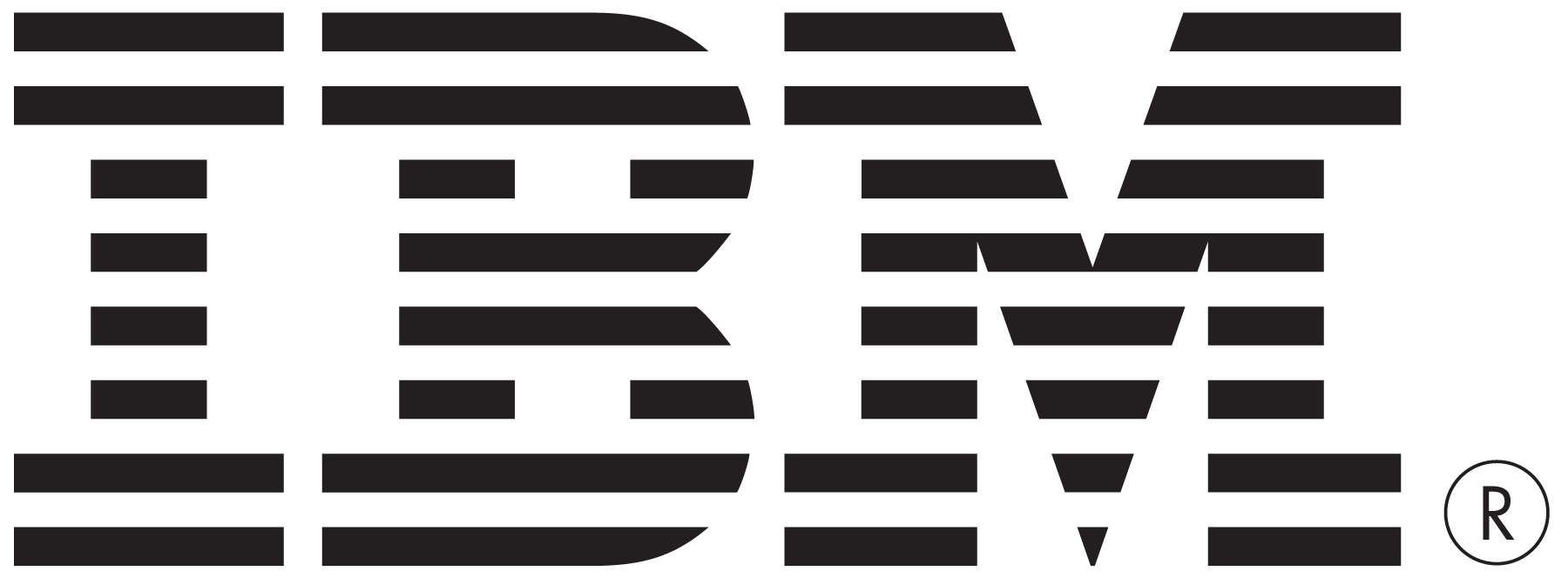As anyone who has ever cleaned out their garage knows, the stockpiling of stuff can get a little haphazard. Over time, our organizational skills tend to go out the window, and clusters of disparate objects seem to grow almost organically in cluttered corners and on dusty shelves.
During the cleaning process, we discover useful things we didn’t know we still had, scratch our heads about why certain items aren’t in the shed instead, and wonder how the garage went from functional (accommodating the car) to the dysfunctional (accumulating junk).
Data storage is not all that different. Information systems tend to take on a life of their own — and before you know it, your business is operating in a hybrid environment you didn’t anticipate, with a portion of your data run by legacy on-premises methods while the rest is farmed out to third parties in the cloud.
The question is: How to make your current IT setup work best for you?
The answer is proper governance. There are many aspects to this, but let us focus here on developing a data integration strategy — a comprehensive plan to determine how your information will flow, how it may be used to your advantage, how it will be managed over its life cycle, and how it will be maintained over time.
First and foremost, you must be able to identify and pinpoint the data that is key to your organization’s strategic needs and, in turn, ensure it owns the information created from all data and processing, no matter where it’s stored.
Navigating in an ocean where data volumes are growing, not only in quantity but also in complexity, means implementing an information integration and governance (IIG) solution — think of it as a kind of octopus that can deploy its tentacles across various platforms and formats.
This octopus must also be dynamic (capable of meeting present and future performance requirements), extendable (for fast and easy scalability) and flexible enough to be integrated with Hadoop or other big data storage technologies.
Ultimately, the role of the octopus is not just to maintain order and efficiency through its limbs, but to use its brain to extract speedy and practical insights that will give your business a leg up on the competition.
It doesn’t end there. Proper governance of your data will boost your business and make it more buoyant. Many organizations have a “keep all data at all costs” approach. Yet the more rocks of little or no value they collect in their pockets, the harder it is to swim or to nimbly perform tasks that are more critical to their well-being. In a world drowning in ever more data, the temptation is to acquire more capacity, which drives up operational costs and further hampers movement. Intelligent triage of data, as part of an archiving strategy that goes along with sound governance, will feel like a breath of fresh air.
If you identify will any or all of these problems, IBM InfoSphere Information Server might very well be the solution for you. If you are interested in learning more, please download a copy of the white paper, Developing a data integration and lifecycle management strategy for a hybrid environment.
here.

